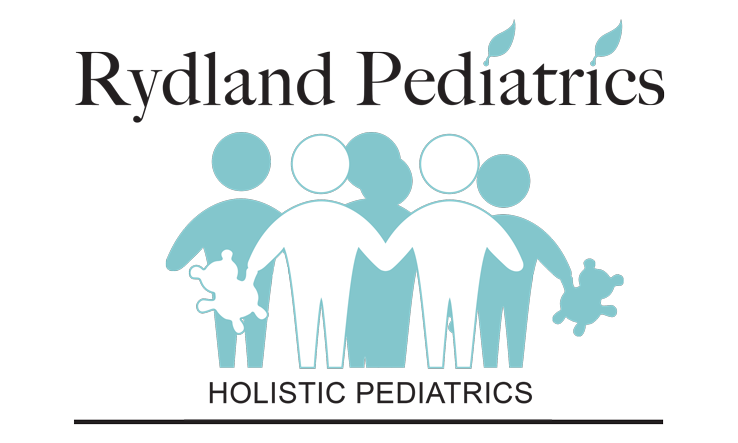The Importance Of Minerals For Children
- June 21, 2022
- Health and Wellness
Minerals for children are important for their health. This article explains why you may need supplements.
Because vitamins and minerals are not produced in our bodies and are regularly used in
normal body processes, we need to consume them daily. Agricultural processes and food
processing have made our foods (even organic foods) nutritionally deficient. The
added stress of a diet high in chemicals, dairy, and/or sugar also destroys many vitamins and
minerals. The synthetic vitamins and minerals present in many foods and some vitamins don’t
function as well as natural ones, making them less beneficial. Regular natural multivitamin and
mineral usage have been shown to both prevent and help many illnesses. I strongly recommend
daily vitamin, mineral, and whole-food use as part of wellness.
In addition to supplementation, here are some guidelines on specific minerals for children, as well as foods to incorporate n a daily basis or as frequently as possible
What are the best minerals for children?
Minerals for children are essential. Many minerals are necessary for both growing kids and adults. If you’re not getting enough of these essential nutrients, you may be developmentally behind or even suffer from some health problems. Here are some of the best minerals for growing kids and other minerals to include in your child’s diet, according to KidsHealth.
Calcium
Calcium is the top mineral when it comes to your bones. It helps build strong bones and create teeth that make good food tasty. In addition, because your tear glands are such a critical aspect of eye health, calcium also helps make sure you can see well and prevent any irritation or dryness around the eyes.
Which foods are rich in calcium?
- dairy products, such as milk, cheese, and yogurt
- canned salmon and sardines with bones
- leafy green vegetables, such as broccoli
- calcium-fortified foods, like soy milk, orange juice, and cereals
Iron
Your body requires iron to make hemoglobin, a part of your red blood cells that carries oxygen from your lungs to the rest of your body. A whole body needs oxygen for it to stay healthy and alive.
Which foods are rich in iron?
- meat, such as beef, chicken, and turkey
- tuna and salmon
- eggs
- beans
- baked potato with skins
- dried fruits, like raisins
- leafy green vegetables, such as broccoli
- whole and enriched grains, like whole-wheat bread or oatmeal
Potassium
Potassium is essential for the proper functioning of your muscles, heart, and nervous system. It also helps control blood pressure.
Which foods are rich in potassium?
- bananas
- tomatoes
- potatoes and sweet potatoes, with skins
- green vegetables, such as spinach and broccoli
- citrus fruits, like oranges
- milk and yogurt
- legumes, such as beans, split peas, and lentils
Zinc
Zinc supports your immune system, which is your body’s defense system against illnesses and infections. It also promotes cell growth and aids in healing wounds such as cuts.
Which foods are rich in zinc?
- beef, pork, and dark meat chicken
- milk, yogurt, and cheese
- nuts, such as cashews, almonds, and peanuts
- legumes, such as beans, split peas, and lentils
Why Minerals for Children Are Important
People who do not get enough of these essential minerals may experience health problems. Too little calcium, for example, can lead to weaker bones, especially in children. Some children may take a multivitamin that contains minerals, but most children do not require them if they eat a healthy diet. So get your minerals and stay healthy! Get in touch with us today to learn about our services and products.
Upcoming Events
- No Events
WHAT OUR PATIENTS ARE SAYING
Testimonial 1
How I wish I weren't writing this and that by some feat of providence we could have brought you with us to Texas – I don’t know if I’ll ever have the confidence and esteem for another pediatrician that I felt when consulting with you about Frank’s health. Thank you so much for being there when we needed you! Again thank you for everything!
Testimonial 2
Sheri, Hollywood
Sheri, Hollywood
Testimonial 3
Elizabeth, Miami Springs
Elizabeth, Miami Springs


